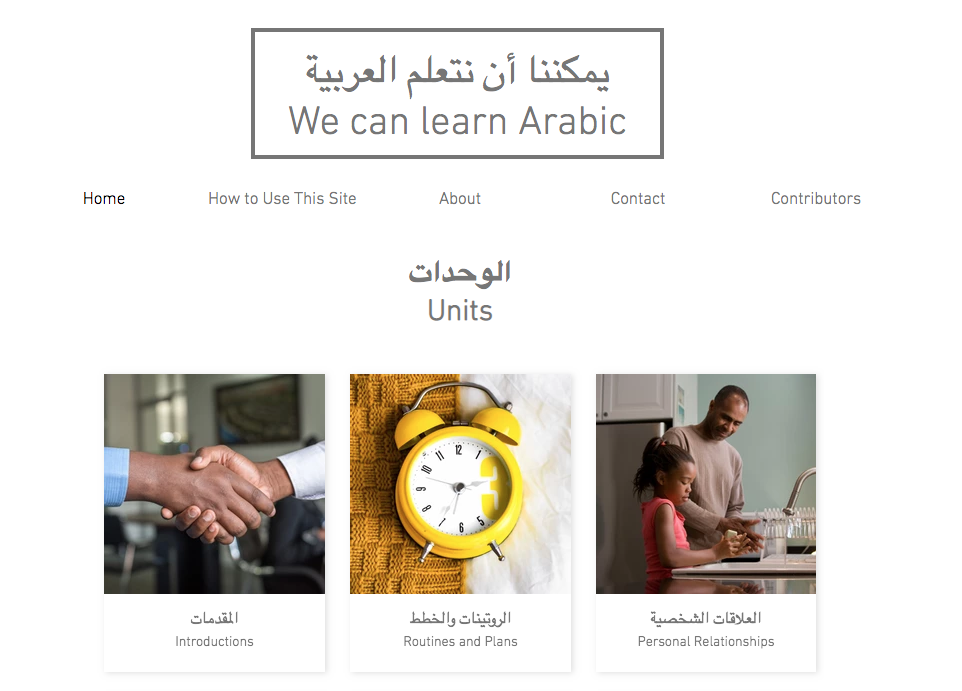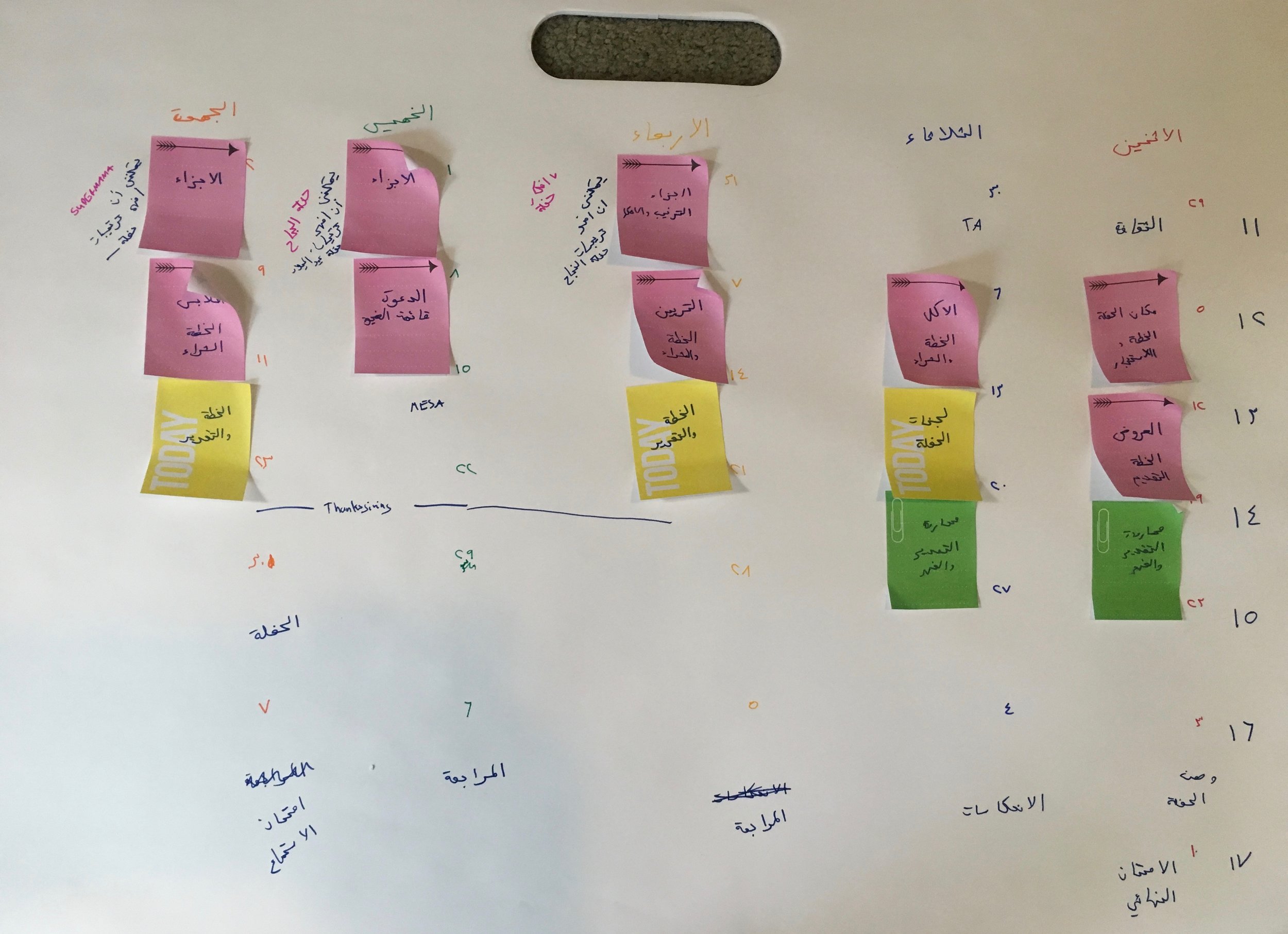Tag: can do statements
-

Introducing: the We Can Learn Arabic website!
As I’ve detailed in my curriculum development posts over the last two years, we have slowly been replacing our textbook with our own materials, generally based on texts we find on the internet or create ourselves. Although I’ve frequently been asked when we will make our own textbook, I’ve actually never been interested in making…
-

Curriculum Development: Event Planning Take 2
Last year, I blogged about the creation of our party planning unit in second year Arabic, including some of the challenges. Since we are on the verge of creating the second round of this unit, I thought I would give an update on how it is going this time (short version: much better!). First, we…
-

Can-Do Assessments: An Update
In an early post on this blog I talked about making assessments based on what students “can do” with language. This year, as we redo our Intermediate Arabic curriculum, we also decided to have no tests. In some ways, this is just a change in terminology, as we have a week of Can-Do Assessments at…
-

Lesson plans: Genre-based approaches and the interpersonal mode
The American Council on the Teaching of Foreign Languages (ACTFL) describes three modes of communication: interpersonal, interpretive, and presentational, and lists Can-Do statements in each of these modes. The presentational mode is for sharing information, opinions, etc, and usually consists of one person communicating with a larger audience, either in writing, speech, or multi-modal forms.…
-

Color-coding to develop meta-linguistic awareness in the classroom
In genre-based approaches to language learning, one of the key goals is to teach students not only what texts mean, but how they mean, so students can use (or resist) these conventions when they express themselves. While the goal of understanding WHAT a text means is fairly straightforwards for students and instructors, I find that…
-

Curriculum Development Part 8: Week 6 Recap, and Final Thoughts
In my last post, I described Weeks 3, 4, and 5. In this post, I’m back with a recap of Week 6 and some final thoughts on the project. I’ve also placed links to all of the curriculum development posts leading up to this unit at the end of this post if you want to…
-

Curriculum Development Part 7: Week 3 Recap, Weeks 4 and 5, Week 6 Planning
In my last post, I reflected upon the second week, and plans for week 3. As I’m posting every other week, the class is going faster than my blog, so this post will cover a week 3 recap, plans for week 4, the week 4 recap, planning week 5, a week 5 recap, and planning…
-

Curriculum Development Part 6: Week 2 Review, Planning Week 3
In my last post, I reflected upon the first week, and plans for the second one. In this post, I’m reflecting upon week 2 and describing planning for week 3.
-

Curriculum Development Part 4: Unit Plan and Week 1 of Party Planning
As I mentioned in my previous curriculum development posts, this year in our Intermediate Arabic classroom we are moving away from the textbook and designing our own units informed by genre-based approaches to language learning. We are concluding our unit on housing, and starting our unit on planning an end of the year party. This…
-

Curriculum Development Part 2: Finding Texts
This post is part of an ongoing series as I document our process for developing curricular units inspired by genre-based approaches to language learning and translanguaging pedagogy. Previous posts in the series include a background post and choosing tasks (Part 1).